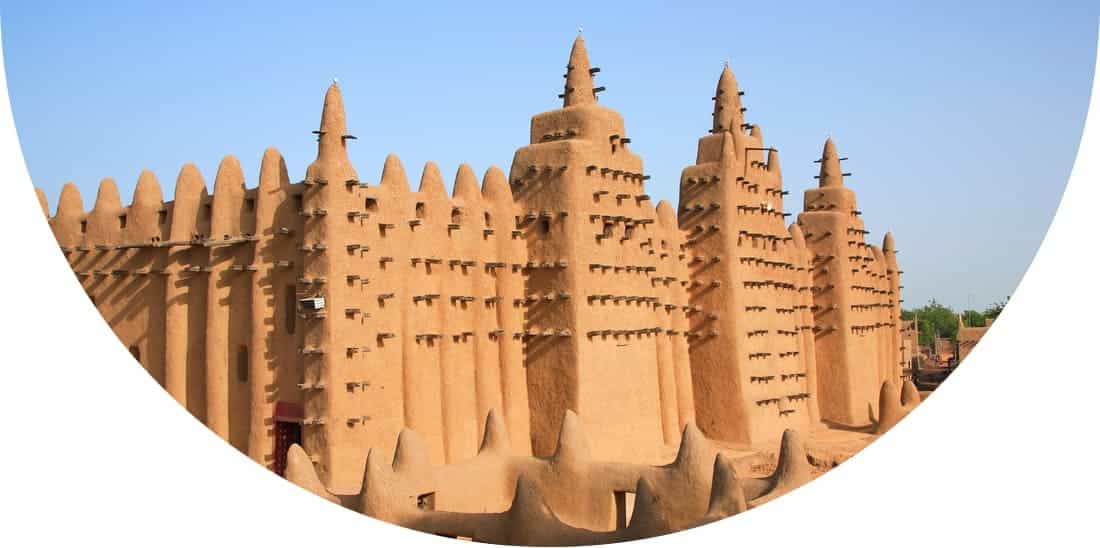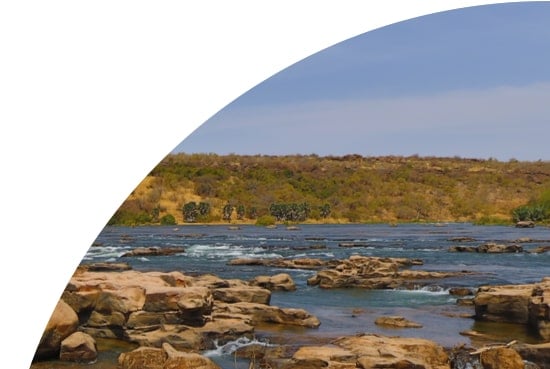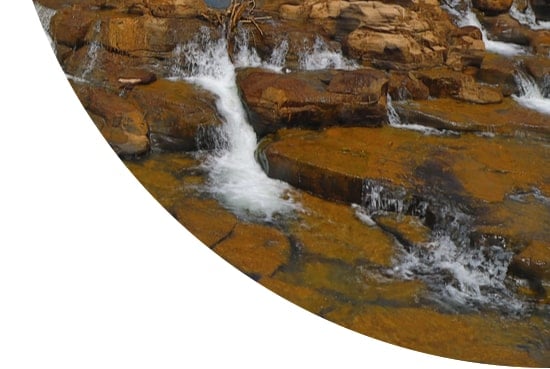Rift Valley fever (RVF) is an acute, fever-causing viral disease that usually affects domesticated animals (such as cattle and sheep), but can also infect and cause illness in humans. The majority of human infections are caused by direct or indirect contact with the blood or organs of infected animals.


Travel Vaccinations for Mali
Recommended Vaccines for Mali
The level of protection needed depends on your medical history and travel itinerary. Book now to get a personalised recommendation from our specialist travel nurses. The consultation costs £20 plus any vaccines you decide to take.
Vaccines Advised To Some Mali Visitors
Flexible appointments with no upfront payment
Book Now
Destination Information for Mali
The African country of Mali is home to some incredible sights and scenery, as well as the famous historical city of Timbuktu. Its capital, Bamako, is the fastest growing city in Africa, and is known as the music capital of West Africa – some of the world’s best musicians hail from Mali. Situated on the banks of the River Niger and boasting a fascinating mix of various architectural styles, Bamako truly is the beating heart of Mali.
Timbuktu is famed for its intellectual history and a long tradition as a trading outpost dating back centuries and helping the then thriving trade in salt and gold. Today it is a UNESCO World Heritage Site and tourist destination thanks to its reputation and although it is perhaps no longer as grand as it once was, it still oozes history. You can see the three great mosques of Mali here, serving as reminders of the significance of Timbuktu’s history, although please be aware non-Muslims are not permitted entry to these mosques at this time. Timbuktu’s name has come to be a metaphor for distant, exotic and inaccessible places.
Don’t miss out on a visit to Dogon Country, a mysterious landscape of Cliffside villages, where the people have deliberately isolated themselves from the rest of the world and are completely unaffected by influences from other cultures. Visit in January to experience Mali’s Festival in the Desert, taking place on the sands north-west of Timbuktu. This unique event promised three amazing days of music, tents, camel racing, dancing and more!
Infections and Outbreaks frequently change from country to country and by attending our clinics you will be given the most up to date clinical and safety advice from our team of specialists. Our advice to you often includes aspects such as:
Additional Health Risks Information for Mali
If you’re planning a trip to Mali, you should be aware of the advice currently provided by the Foreign and Commonwealth Office. All travel to the provinces of Tombouctou, Kidal, Gao and Mopti should be avoided, and you should only visit certain parts of the provinces of Kayes, Koulikoro and Segou if it is unavoidable and essential. Terrorist attacks here are highly likely. A state of emergency issued by the Malian government in April 2016 remains in place until the end of October 2017. There is a visible security presence in towns and cities, and wherever in Mali you may be, keep emergency stocks of food, water and medical supplies in case of an attack or other disturbance in the area.
Mali is high risk for malaria and Yellow fever, it is advisable to visit a Travel clinic to get the necessary vaccines, medications and advice before you travel.
Travel within Mali can be extremely difficult. There is a UN peacekeeping mission currently taking place in the north of country, however the situation is still extremely fragile. Roadblocks, armed bandits and car-jacking is a likely occurrence. Medical assistance within Mali is limited. Be sensible about personal hygiene, food preparation and drinking water to minimise the risk of becoming ill. If you do need medical attention, you should contact your insurance company as soon as possible.



